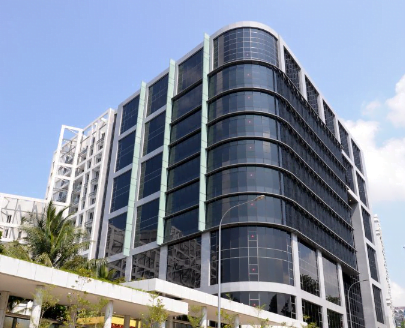Transforming Retail Leasing in Singapore: The New Code of Conduct
Singapore’s retail leasing sector is undergoing a significant transformation with the implementation of the Lease Agreements for Retail Premises Act 2023 from the 1st of February, 2024. This landmark legislation, together with the introduction of a detailed Code of Conduct (CoC), signifies a stride towards fostering fairer leasing practices between landlords and tenants of retail premises. Let us explore and delve into the key components of the new legal and regulatory framework and its implications for the retail leasing landscape in Singapore.
Introduction of the Lease Agreements for Retail Premises Act 2023
The Lease Agreements for Retail Premises Act 2023 marks a pivotal shift in retail leasing negotiations, establishing a mandatory code of conduct aimed at ensuring balanced and equitable dealings between landlords and tenants. This legislation applies to all qualifying retail leases with a minimum tenure of one year, targeting new agreements and renewals from February 1, 2024. Notably, it carves out industrial, office, and residential spaces, focusing exclusively on the retail sector.
The Role of the Fair Tenancy Industry Committee (FTIC)
The FTIC is instrumental in overseeing the implementation of the CoC, maintaining its relevance, and promoting compliance among stakeholders. Since its inception, the FTIC has organized numerous outreach events and addressed thousands of industry-related enquiries, highlighting its commitment to enhancing understanding and adherence to the CoC.
Key Objectives and Sections of the Code of Conduct
The CoC is structured to provide comprehensive guidelines across four main sections:
- Part A: Conduct and Spirit of Negotiations emphasizes the importance of good faith, honesty, and fairness in lease negotiations.
- Part B: Leasing Principles for Key Tenancy Terms outlines specific leasing principles covering critical aspects such as exclusivity, pre-termination conditions, and sales performance.
- Part C: Leasing Principles for Confidentiality Clauses and Data Transparency mandates the handling of lease agreement confidentiality and the sharing of sales data metrics.
- Part D: Dispute Resolution & Enforcement of Code of Conduct establishes a clear dispute resolution framework through the FTIC and the Singapore Mediation Centre (SMC).
Implications for Singapore’s Retail Sector
The enactment of the Lease Agreements for Retail Premises Act 2023 and the operationalization of the CoC are expected to have profound implications on Singapore’s retail landscape. By standardizing the approach to lease negotiations and ensuring a governance framework for compliance, these initiatives aim to mitigate disputes and foster a more collaborative environment between retail tenants and landlords.
Moreover, the inclusion of dispute resolution mechanisms provides a structured pathway for addressing grievances, potentially leading to more amicable resolutions and sustained business relationships.
Conclusion
The introduction of the Lease Agreements for Retail Premises Act 2023 and the detailed CoC represents a significant leap towards ensuring fair, transparent, and balanced leasing practices in Singapore’s retail sector. As stakeholders navigate this new regulatory landscape, the promise of more equitable lease negotiations and strengthened tenant-landlord relationships heralds a positive outlook for the vibrancy and dynamism of Singapore’s retail industry.




